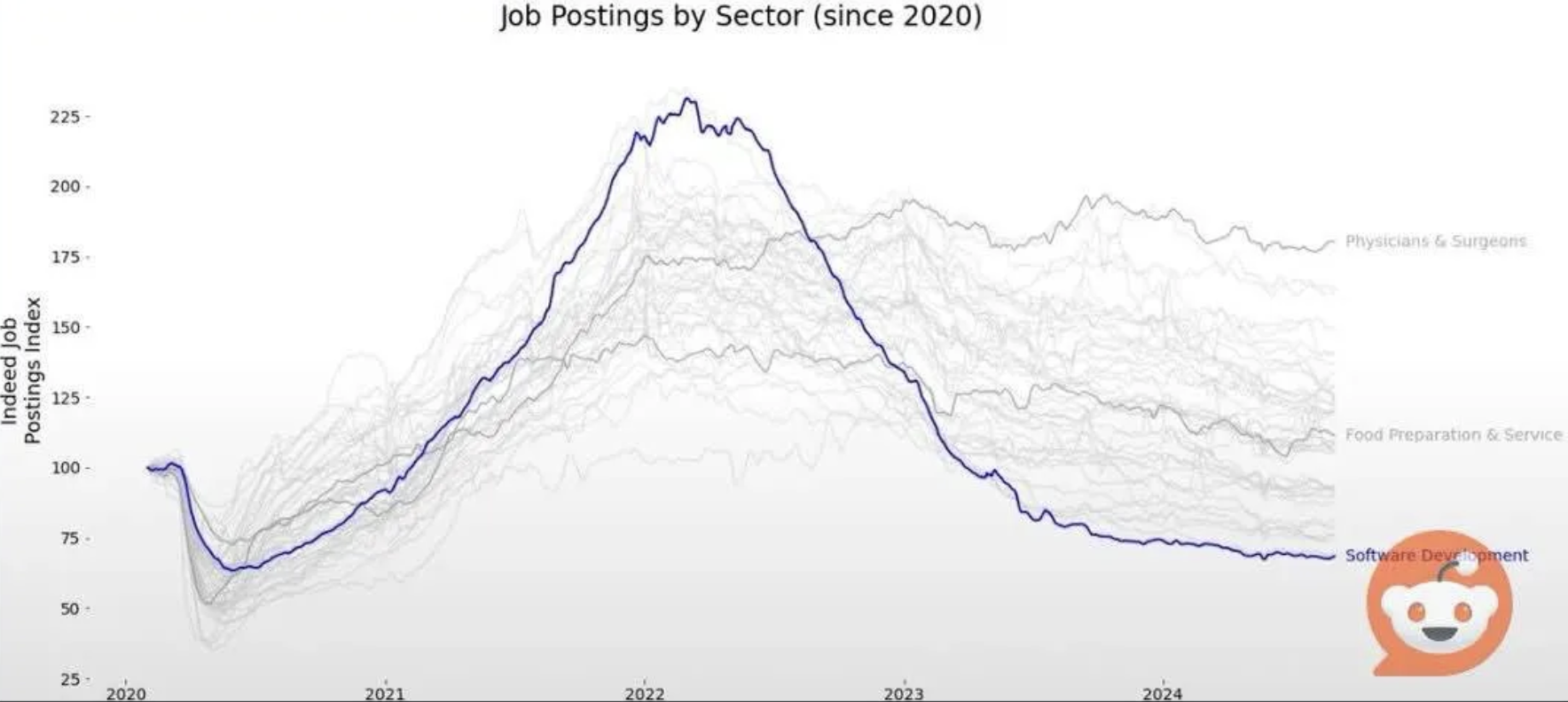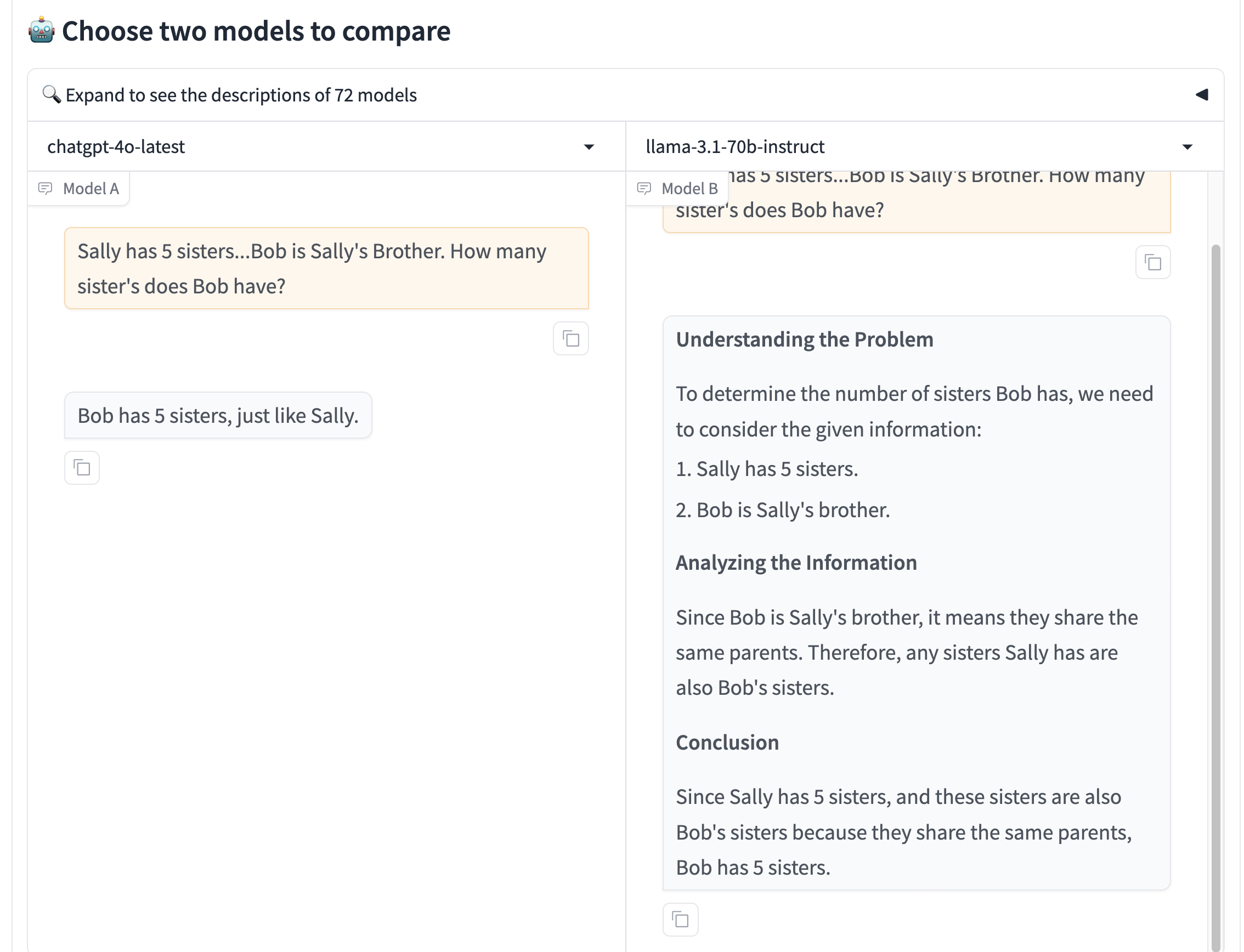ai: adapt or be left behind
cursor
loved by developers. hated by new developers.
it's taken the world by storm and the pace of innovation just doesn't seem to end.
but wait... isn't this meant for new developers? haven't you seen the amazing things people with no coding experience are creating and building?

it seems like new developers like me — and many others — have no shot at landing a job...
the fear hit me hard, but i quickly realized i had less to fear.
here's how my conversation went last week:
-
friend: "bro, it's so over. i literally built this bookkeeping app. the ui isn't the greatest, but i made this in an hour."
-
me: "sure, can you send it to me?"
-
friend: "localhost:3000/"
the irony is hard to miss.
but it got me thinking:
- people who once couldn't are now capable, to a degree
ai has lowered the barrier to entry for programming. embracing ai has exponentially accelerated my growth and drastically shortened the time needed to master new skills.
similar to what happened with google search, access to information and education has widened, but users started to lack depth in critical thinking, where your brain runs on auto.
if users rely too heavily on ai like chatgpt, they might make the same mistake as assuming "localhost:3000" is a valid url to share.
- critical thinking, data architecture, design, and infrastructure are more critical than ever.
take a look at this

even with the latest models like gpt-4 and llama3.1, they still fail at answering simple logical questions.
"sally has 5 sisters...bob is sally's brother. how many sisters does bob have?"
obviously, bob has 6 sisters.
this is a prime example of how ai still struggles with basic logical reasoning. while ai advancements are accelerating rapidly, we're not yet at a point where it can consistently handle roles that require complex problem-solving and critical thinking.
this may seem like a minor oversight, but as ai continues to evolve, tasks involving more intricate computations will likely be solved within the next year.
however, this highlights a broader issue: the importance of engineering fundamentals.
you'll come to realize the gaps in the engineering portion: developing infrastructure, creating the proper tech stack, and ensuring performance and memory efficiency within your organization. these are aspects that can't easily be fixed with ai in the near future.
the more you cultivate skills into applying the bigger picture — abilities that automation can't replicate — the more valuable you'll become. ai won't replace opportunities; it will create new ones for those who embrace it.
i don’t think the job market is going to improve anytime soon, but that doesn’t mean you can't use the current landscape to your advantage.
expand your skillset and take action. don't wait for opportunities to find you—create them.
thankfully, ai is the perfect tool for that.
the time is now
stay cracked.
-- david